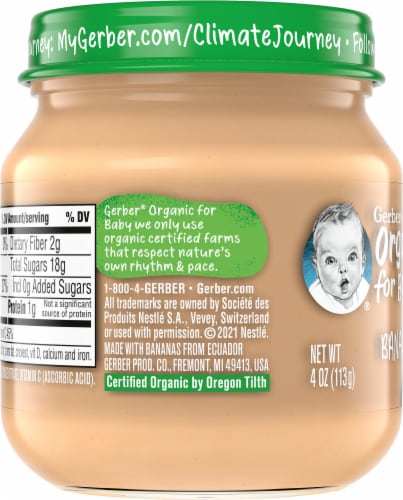
Organic baby food offers a variety of benefits for infant health and development. It is also a great way to help protect your child from harmful pesticides.
The USDA regulates organic foods to ensure they are free of pesticides and other chemicals, which can interfere with hormones and growth. In addition, organic foods are often lower in sugar and salt than conventionally processed foods.
What are the benefits of organic baby food?
Organic baby food is an excellent choice for infant health and development because it provides a healthy diet without the use of pesticides, GMOs, or other chemicals. These chemicals can have serious negative impacts on a child’s growth and development.
Babies are more vulnerable to these toxins, as their bodies have not fully developed and are less able to process, metabolize, or excrete them. Hence, it is important to make sure that they are not exposed to these harmful substances in the food they consume.
Many parents are opting for organic baby food because it offers numerous benefits that can improve their infant’s health and well-being. These include increased nutrient levels, less exposure to chemicals and pesticides, and lower glycemic index.
How can I ensure my baby is getting the best nutrition for their growth and development?
In the first six months of life, breast milk or formula is the primary source of nutrition. After this time, your baby should eat solid foods in addition to breast milk or formula.
To help your baby grow and develop well, provide a variety of nutritious foods that are rich in nutrients - including vitamins, minerals, proteins and fats. Fruits and vegetables are an important source of these nutrients and should be included in every meal.
A balanced diet includes lean meats, poultry, fish, eggs, beans and peas, unsalted nuts and seeds, and whole grains. Limit your child's intake of saturated fats and added sugars.
Your baby's brain is growing faster than at any other time, so it needs a varied, nutrient-dense diet. Focus on a diet packed with fruits, vegetables, nuts, lean proteins and fats that provide all of the essential amino acids, iron and vitamins.
What are some of the best organic baby food brands?
Organic baby food is a great option for parents who want to keep their child’s diet free from harmful pesticides. These foods are grown without chemicals and are regulated by regulatory organizations to limit their exposure.
Choosing the right organic baby food brand is crucial for your baby’s growth and development. These brands offer a variety of nutritious options for both single-foods and fruit-and-veggie blends.
One of our favorite organic baby food brands is Serenity Kids, which offers delicious meat purees and other protein-packed options. They’re also Clean Purity Label certified, which means that they’ve been independently tested to be free from more than 400 toxins including heavy metals.
Another favorite is Happy Family Organics, which makes a wide range of organic baby food pouches and jars (including a new line of organic and regenerative pouches) for babies aged 4 months or older. They’re gluten, soy, dairy and egg-free and include Stage 1 options with pears, zucchini and peas, and apples, guavas and beets.
Where can I find the best organic baby food?
To keep baby's diet safe, choose organic fruits and vegetables that have been grown without pesticides. This will ensure that your child is getting all the nutrition they need.
If you're looking to add variety to your baby's diet, try organic fruit and veggie purees or textured meals that introduce them to proteins as they grow. Ella's Kitchen has a delicious line of organic baby foods that are free of additives, thickeners, preservatives and gluten.
The Holle range of organic cereals and porridges is a great way to start your baby on a whole grain diet. They come in a variety of flavors and are available in both jars and pouches.
The Earth's Best line of baby cereals is made with a combination of oats and brown rice. They also offer a gluten-free option for those who prefer that.
Frequently Asked Questions
Is organic the same as pesticide-free?
Organic food is naturally chemical-free and grows without pesticides. This means organic food is free from pesticides and fertilizers.
Because it is free from harmful additives, organic produce has higher nutritional value than conventionally produced food.
The USDA National Organic Program requires that organic farming practices be followed by farmers.
These guidelines include soil preparation, crop rotating, pest control and water conservation.
In addition, organic farming methods promote healthy ecosystems, which benefit wildlife and natural habitats.
How do I know if my produce is organic?
These three labels can help you make sure you're buying organic produce.
USDA Organic Certified – This certification is issued by USDA to ensure that the product is 100% organic.
Certified Naturally Grown: Produce that has been grown in accordance with organic practices, but has yet to receive certification from USDA.
Pastured/Free Range - Produce from animals who live outdoors and graze freely on grass and herbs.
These labels indicate that the product meets certain criteria.
- No synthetic pesticides and fertilizers
- No genetically modified organisms
- Animals are not given antibiotics.
- Animals are not ever given hormones.
- No growth-promoting drugs
- No feed additives
- No artificial ingredients
- No irradiation
- No sewage sludge
- No GMOs
- There have never been any antibiotics given.
- No hormones ever given
- There are no growth-promoting drugs
- No feed additives
- No artificial ingredients
- No sewage effluent (if it isn't a GMO).
- No irradiation
I hope this article has been helpful.
What are organic fruits?
Organic foods are free of pesticides and synthetic fertilizers. They contain more nutrients such vitamins A, C. E, and, in some cases, omega-3 oils. These ingredients are good for our bodies as well as the planet.
Organic foods are produced with sustainable farming practices that promote soil quality and biological diversity. They are free from harmful chemicals, radiation, and sewage sludge.
Although organics are most commonly associated with produce, organics can also be found in dairy, meats, poultry, eggs and baked goods.
The USDA defines organic as crops grown in accordance with strict federal regulations. Non-organic methods cannot be used by farmers to grow these foods. However, they can use approved natural methods to control pests, like crop rotation and cover crops, or animal feed made of organic materials.
A farmer must also adhere to guidelines about how much fertilizer or pesticide he applies during the growing season. Also, he must rotate his fields between different crops. Farmers cannot use genetically modified organisms (GMOs), artificial growth hormones, synthetic insecticides, or synthetic fertilizers.
The requirements for organic fruits and vegetables are met if they are labeled 100 percent organic. Some farms don't label their products 100% organic, as it could confuse consumers. Instead, they will say that their product is "made with organic components". "
What is an Organic Food Producer?
Organic food producers produce organic foods that are free from pesticides and other chemical fertilizers. These foods include fruits, vegetables and dairy products.
Organic food production happens on farms where crops have been naturally nurtured. This includes crop rotation, soil preparation, and pest control.
USDA (United States Department of Agriculture), has strict requirements for agricultural products to be certified organic.
These guidelines are designed to ensure consumers have access to safe, healthy and nutritious food.
Organic food offers many health benefits. From lower levels of pesticide residues, heavy metal contamination, to higher nutrient contents and better flavour, organic foods are healthier.
USDA organic products must carry the USDA Certified Organic seal.
This certification means that the product meets standards established by the National Organic Program.
Organic food helps us eat healthier and also protects the environment.
Organic farming methods preserve natural resources, such as water or land. Organic farming techniques also help to reduce greenhouse gas emissions which contributes to climate change.
Organic agriculture uses fewer chemicals and reduces pollution runoff.
Because of this, harmful gases such as ammonia and even nitrates will not build up in the air.
There are many kinds of organic farming: permaculture, regenerative and conventional.
Conventional farming involves the use artificial inputs such as fertilizers and pesticides.
Regenerative farming uses compost, cover crops, green manures, and other methods to improve the soil's health. It also encourages biodiversity.
Agroecology concentrates on the sustainable relationship between people, plants and animals.
Permaculture promotes self sufficiency through the creation of systems that imitate nature.
Why should I buy organic?
Conventional agriculture has been linked with many health problems including asthma, allergies. Healthy choices must be made when purchasing food.
Here are some tips from the Environmental Working Group (EWG).
Buy organic fruits and vegetables whenever possible.
USDA organic labels should be used on meat, poultry and eggs as well as milk, cheese, yogurt, butter, honey, and other dairy products.
Avoid processed foods that are labeled "natural" or "no added ingredients."
Check ingredient lists carefully. If an ingredient isn't listed, it may be added during processing.
Frozen and canned meats should be preferred to fresh. Frozen and canned foods often contain less nutrient-rich ingredients like high fructose corn syrup.
What are some of the most popular organic products in your country?
The fastest-growing industry is organic food. We've come far from our roots but there is still room for improvement.
Organic products are the future. They are safer and more cost-effective for consumers.
But they tend to be more expensive. The Organic Food Index was created to address this. We wanted to know which foods are popular today and whether trends are changing.
These findings show that organic foods are becoming more popular. Between 2011 & 2012, almost half of Americans purchased organic food.
The USDA reported that organic production rose by 10% in the last year. 9% now comes from organic foods in the United States.
While organic food is certainly gaining ground, it seems that it is still an expensive choice for consumers. The average retail price for organic food is almost twice that of conventional foods, according to the Organic Trade Association (OTA).
Despite this, organic food is growing at a faster rate than any other food segment. If you look closely at the data, it will be apparent that organic food consumption has steadily increased since 2009.
In fact, according to OTA, the volume of organic products sold in supermarkets grew by 14% between 2010 and 2011.
This increase reflects consumer demand for healthier foods, which explains why organic food sales are increasing across all age groups.
However, the younger generation is leading the charge in choosing organic food. Millennials have twice the likelihood of buying organic food as baby boomers. Young adults aged below 35 account for 25%.
Statistics
- Cosmetic brands such as Laurel and Rose Mira are 100 percent organic and have a wide array of skincare products. (en.wikipedia.org)
- As for organic meat, regulations require that animals be raised in living conditions that accommodate their natural behaviours (like the ability to graze on pasture), fed 100% organic feed and forage, and not administered antibiotics or hormones. (usda.gov)
- Brands participating in this challenge are committed to using 100 percent sustainable cotton by 2025.[5] (en.wikipedia.org)
- Nutrients like omega-3 fatty acids were up to 50 percent higher in organic meats and milk than in conventionally raised products.[3] (en.wikipedia.org)
External Links
doi.org
- The link between occupational pesticide exposure and cancer risk: A review: Journal of Toxicology and Environmental Health. Part B. Vol 15, No 4.
- Genetically modified food safety and public concerns: a review by Journal of Food Science and Technology
ewg.org
usda.gov
ecfr.gov
How To
Organic foods: Are organic foods healthier?
Organic foods are produced without the use of chemical pesticides and synthetic fertilizers. They are grown under natural conditions, without artificial inputs like pesticides, herbicides hormones, antibiotics, genetic engineering, and fungicides. Organic farming methods include crop rotation, cover, composting animal manure and recycling wastewater.
In 2002, USDA National Organic Program was established. It regulates the handling, processing, labelling and sale of organic products within the United States. NOP regulations assure that organic agricultural products comply with the Federal Food, Drug, and Cosmetic Act. The NOP regulations also require that organic products are free of prohibited substances such as pesticide residues and genetically modified organisms.
Two types of certification programs are available in the United States for producers who wish to have their products labeled organic. One is for farmers and ranchers; one is for manufacturers. Both programs require audits of operations each year to ensure that they are meeting strict standards. Several certifying agents offer these services, including CCOF Certified Organic Farmers & Ranchers, Quality Assurance International, and the American Grassfed Association. The three organizations all provide verification by third parties that farms have followed strict guidelines for environmental stewardship as well as labour practices and the care of livestock.
According to USDA's Economic Research Service in 2013, organic agriculture generated $4.7 billion in revenue. The retail spending on organic products accounted for nearly $1.5 billion in 2013, a 23 percent increase over 2009. Sales at grocery stores were up 12 percent during this period. Spending on organic produce was up 29 percent, but only 1 percent on meat, seafood, eggs, and dairy.
While organic food may be more expensive, consumers think its superior quality justifies the higher price. Consumer Reports conducted a survey in 2015 and found that 88 percent of respondents would pay more for organic foods if they had higher nutritional value. Health Affairs also published a study showing that organic foods are less likely for people to get heart disease, diabetes, cancer, or obesity.
Even though there is no evidence organic foods cause or treat diseases, some studies show that they can improve overall health by reducing pesticide and other contaminants exposure. A review of 31 studies that were published in 2010 found that organically raised beef has significantly lower levels than conventionally raised beef. A separate analysis of 11 publications from 2012 produced similar results.
A 2014 report from the Environmental Working Group looked at data from the Department of Agriculture's Agricultural Marketing Resource Center and found that the incidence of foodborne illness caused by E. coli, salmonella, listeria monocytogenes, campylobacter, and verotoxin-producing E. coli O157:H7 decreased when comparing organic to non-organic chicken, pork, beef, lamb, milk, and cheese. The group also observed that E.coliO157 is a less prevalent cause of illness in humans among children than adults. This was because the USDA has imposed stricter organic standards on animals raised for human consumption.
Resources:
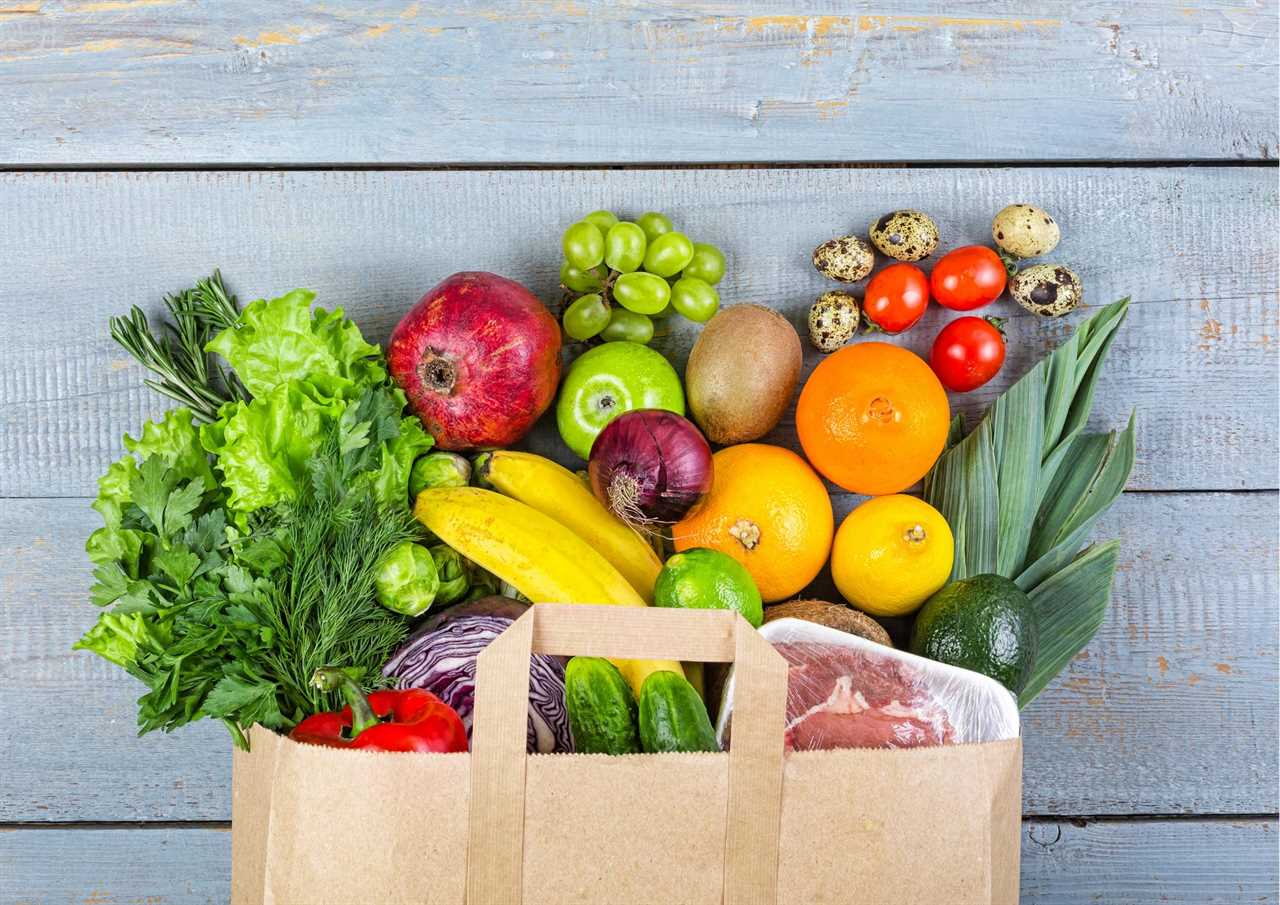 |
Health benefits of eating organic?A review in The Annals of Internal Medicine failed to find strong evidence that organic foods are significantly more nutritious than conventional foods. Lisa |
 |
The Benefits of Crop RotationCrop rotation is a way to grow multiple types of crops in the same space. This is done in an effort to diversify the ecosystem, reduce pest and weed.. |
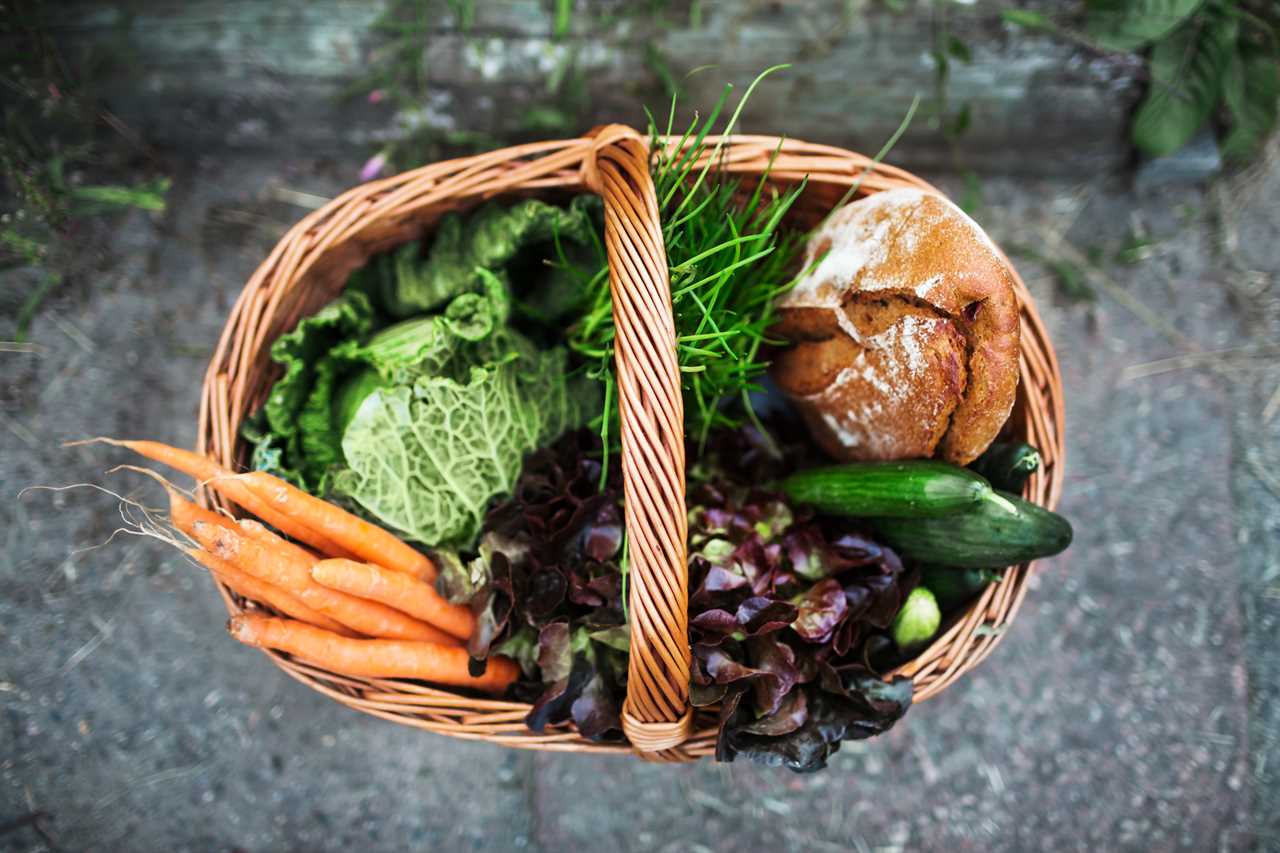 |
Do I Need To Eat 100 % Organic Food? – Dr. BergFor more info on health-related topics, go here: https://bit.ly/2YI8NLc Take Dr. Berg's Free Keto Mini-Course: http://pxlme.me/-i717vtY […] |
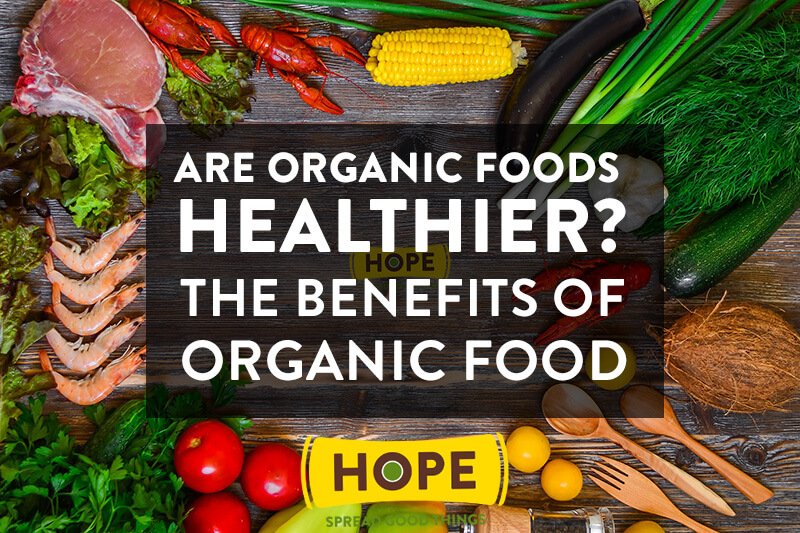 |
The Importance of Soil Conservation in Meeting the Sustainable Development GoalsSoil conservation is important for maintaining the soil's health and resilience. The microbial and faunal communities in the soil are impacted by.. |
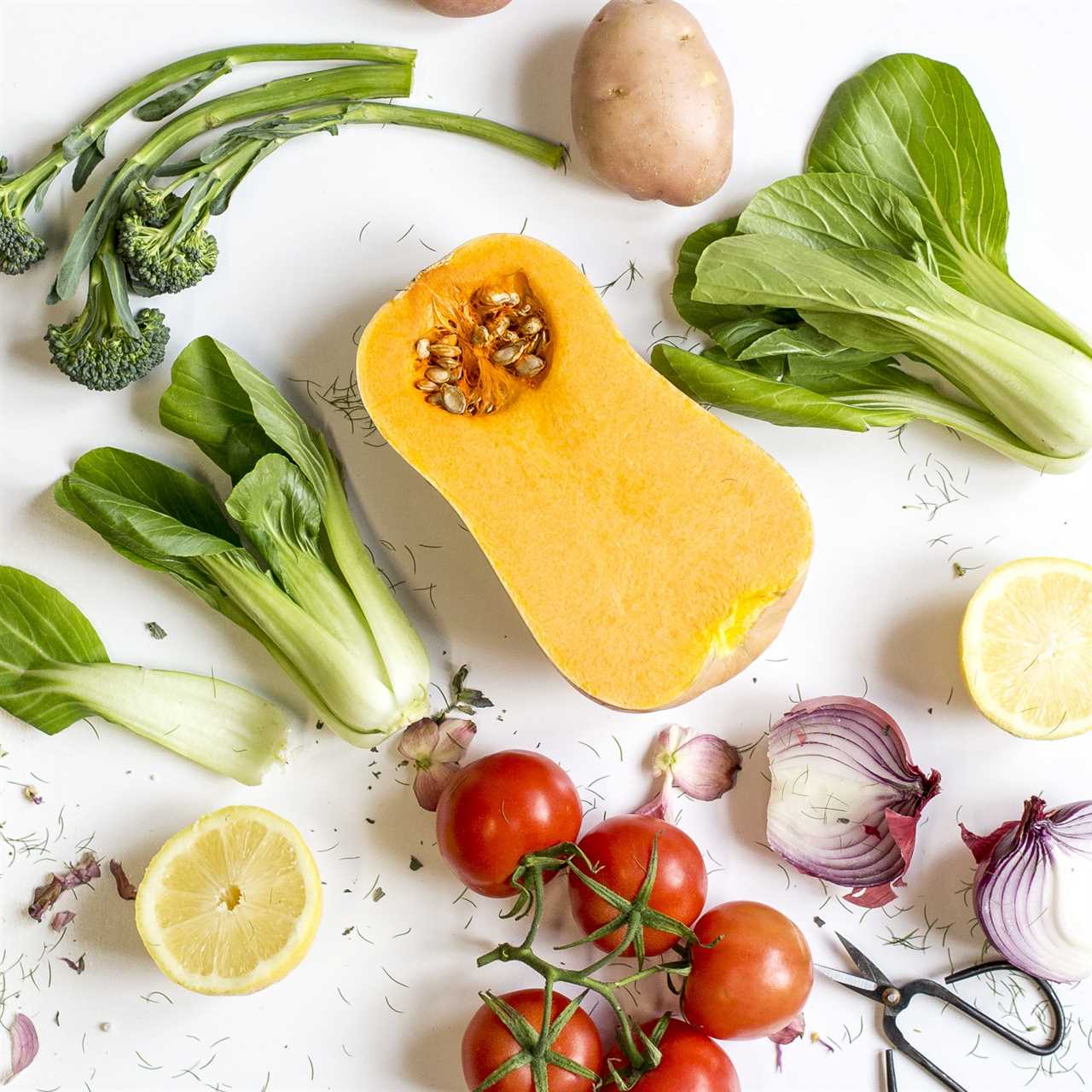 |
Benefits of Organic FarmingOrganic farming is one of the best ways to help protect the environment. It can also provide a number of benefits for your farm, including increased.. |
 |
Is `organic` food actually healthier for you?Dr. Marc talks about organic food. |
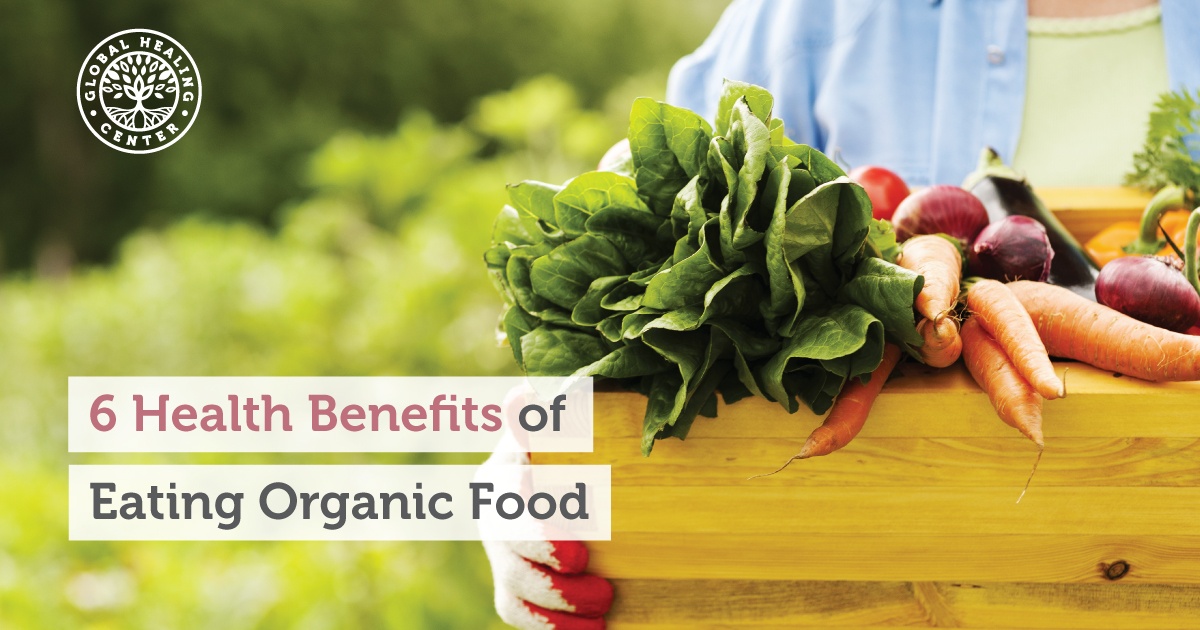 |
Organic Farming MagazineOrganic farming magazine is a resource that provides you with the latest information on organic agriculture, health, and sustainability. It also.. |
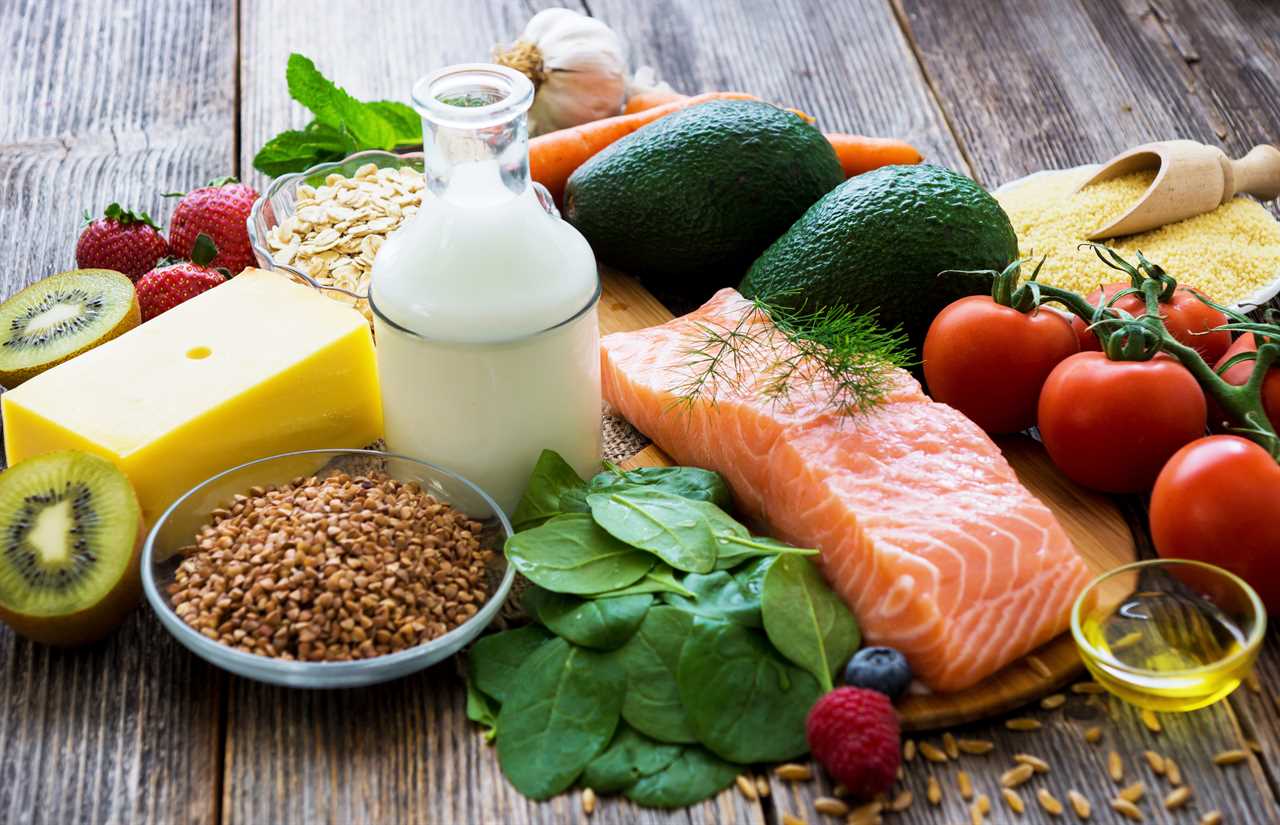 |
Is Organic Food Really Worth It?The organic food industry is a booming business. U.S. organic sales surged in 2020, jumping by 12.4% to $61.9 billion. With consumers being more health |
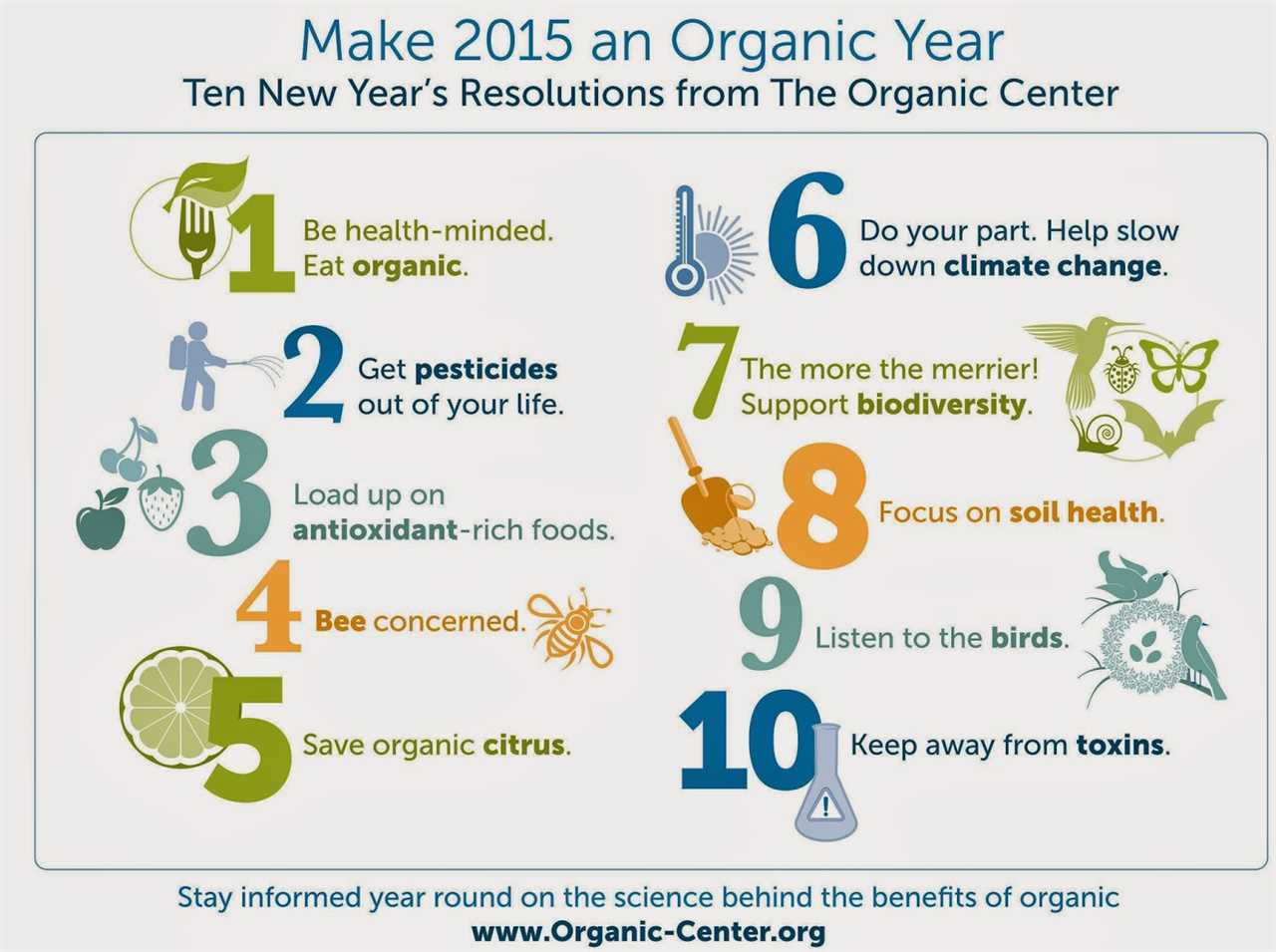 |
The Difference Between Organic Milk and Regular MilkOrganic milk is a type of milk that comes from livestock that is raised according to organic farming methods. This is a term that is regulated by.. |
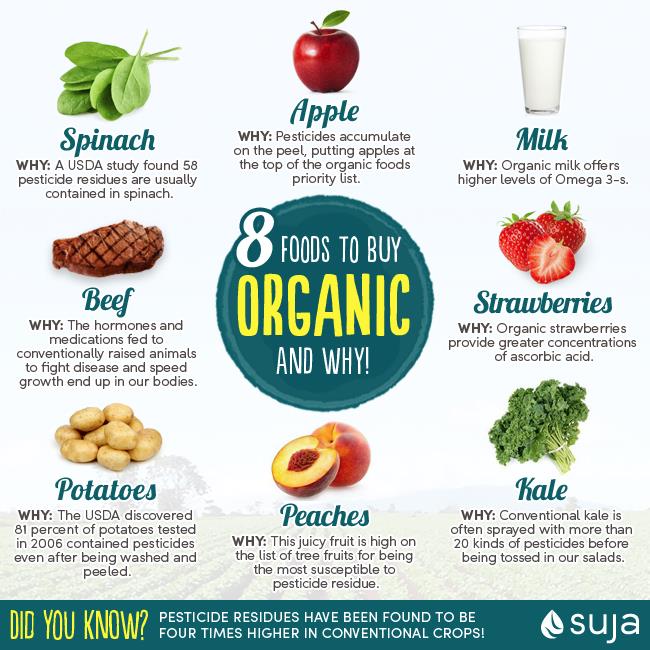 |
The Benefits of CompostingComposting your waste can be a very effective way of ensuring that your organic material is being broken down to the best of its ability. When.. |
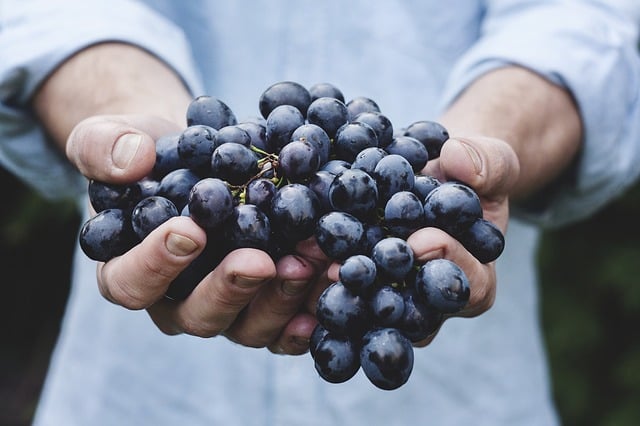 |
Is Organic Farming Beneficial to Biodiversity?Organic farming is a growing interest in the scientific community, and researchers have been investigating whether the practice is beneficial to.. |
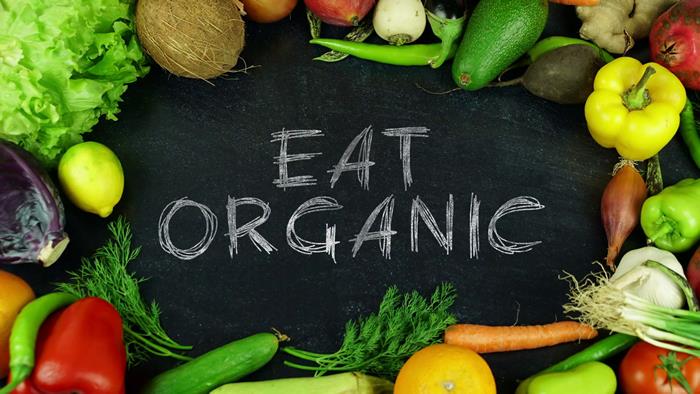 |
Organic eatingOrganic Cultur |
 |
What is Organic Cotton?Organic cotton is the type of cotton that is grown without using pesticides or chemicals. It is also the type of cotton that is grown in subtropical.. |
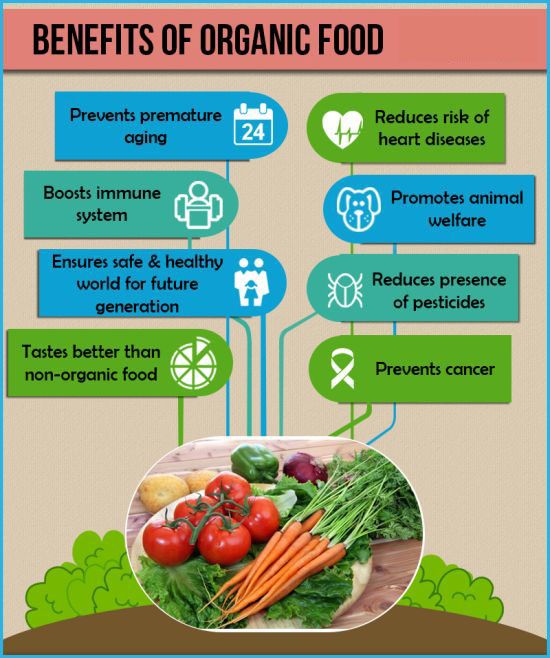 |
Benefits of Cover CropsIf you aren't familiar with cover crops, you may be surprised to learn that they are plants that are planted to grow on top of the soil to help.. |
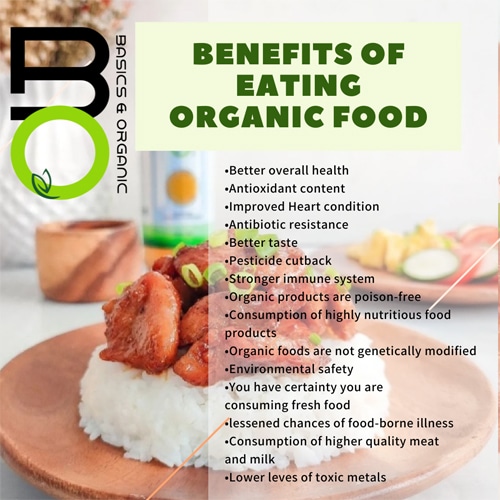 |
Learn How to Become an Organic Farmer Through a Training ProgramIf you are looking to become an organic farmer, there are several ways you can do so. One option is to take a training program that will teach you.. |
 |
Exotic VegetablesWhen it comes to vegetables, there are plenty of choices to choose from. Some of the most popular choices include broccoli, corn, carrots, and.. |
 |
The Benefits and Pitfalls of Organic Farming OrganizationsOrganic farming is an approach to farming that is not only ecologically sound, but also financially feasible. It is a method that is free from.. |
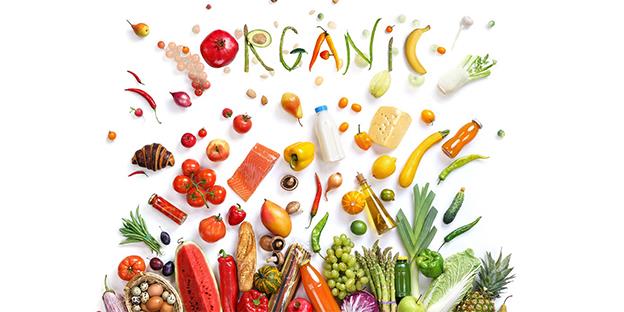 |
Soil Composition and BiodiversityThe soil that we have around us is a vital part of our lives. It is the home for many plants and animals. It also has a texture, a color, and many.. |
 |
Organic Farming PrinciplesOrganic farming is a practice that is designed to be sustainable and healthy. Its principles include avoiding harms produced by industrial farming.. |
 |
When Did Organic Food Start?The answer to the question when did organic food start? will vary depending on the time period in which you are looking at. For instance, it may be a |
 |
Can Organic Be GMO?The question Can organic be GMO is an ongoing debate among many consumers. While it's possible to eat foods that have been produced using genetic.. |
 |
Chhattisgarh's Organic Farming SchoolsThe government of Chhattisgarh has started to introduce organic farming schools. This initiative is intended to provide the young generation with the |
 |
What is a Conventional Farm?Conventional farm is the term used to describe a farm that is not organic. It is a form of agriculture that is associated with better soil quality,.. |
 |
The Rodale InstituteThe Rodale Institute is a nonprofit organization that aims to support research into organic farming. It was founded in 1947 by J. I. Rodale, an.. |
 |
The Latest Research on Organic | The Organic CenterResearched articles about eating Organic food |
 |
Korean GardeningKorean gardening is one of the oldest ways to grow plants. It involves planting herbs, fruits, and vegetables that are used in kimchi, a type of.. |
.png)





